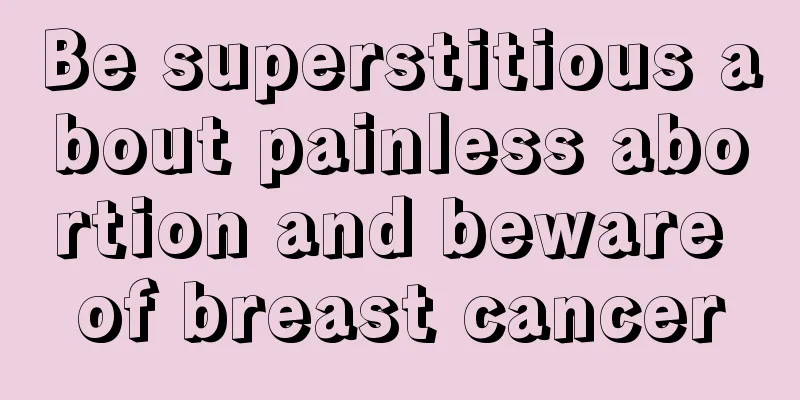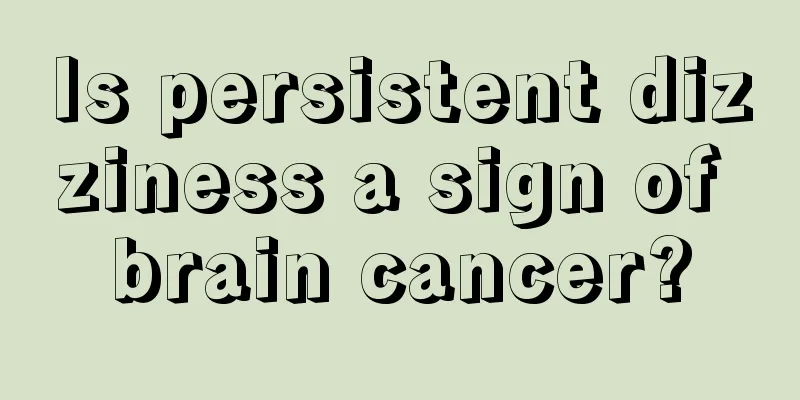What are the dangers and symptoms of renal hamartoma?

|
Renal hamartoma is a benign tumor that is usually not life-threatening, but may cause symptoms such as hematuria and abdominal pain. Treatments include observation and surgical resection. The cause of renal hamartoma may be related to genetics, environmental factors, physiological changes, etc. The specific symptoms and treatment plans should be determined according to the patient's condition. 1. The cause of renal hamartoma may be related to genetic factors. Some patients have a family history of genetic diseases, and gene mutations may lead to abnormal cell proliferation. Environmental factors such as long-term exposure to harmful chemicals may also increase the risk of disease. Physiological changes such as abnormal hormone levels or immune dysfunction may also induce tumors. Trauma or other kidney diseases such as chronic nephritis may also be a cause. Pathologically, renal hamartoma is mostly benign, but it needs to be distinguished from malignant tumors. 2. Common symptoms of renal hamartoma include hematuria, which may be visible to the naked eye or under the microscope, abdominal pain, mostly dull pain on one side or in the waist, and some patients may feel a mass in the abdomen. When the tumor is large, it may compress surrounding organs, causing urinary tract obstruction or abnormal renal function. A small number of patients may experience symptoms such as hypertension or anemia, which require imaging examinations such as B-ultrasound, CT or MRI for diagnosis. 3. The treatment of renal hamartoma should be determined according to the size and symptoms of the tumor. For patients with no symptoms and small tumors, regular observation and imaging examinations can be performed every 6-12 months. When the tumor is large or causes obvious symptoms, surgical resection can be selected, including partial nephrectomy, nephrectomy or laparoscopic surgery. Drug therapy such as anti-angiogenic drugs may be used to control tumor growth. It is recommended to eat a low-salt and low-fat diet, avoid a high-protein diet, and consume a moderate amount of vitamin-rich foods such as vegetables and fruits. For exercise, you can choose light activities such as walking and yoga, and avoid strenuous exercise. Although most renal hamartomas are benign, they still need to be taken seriously. Regular check-ups and treatment as prescribed by a doctor can effectively control the disease and improve the quality of life. |
<<: Can surgery still be performed if prostate cancer metastasizes to bladder cancer?
>>: CT imaging of nasopharyngeal angiofibroma
Recommend
Wang Guimian faces kidney cancer face to face - treat it rationally
"Years of clinical experience have taught me...
6 ways to relieve itching caused by skin allergies
If the skin is allergic, it will often cause symp...
I feel my stomach moving and I'm farting
In daily life, it is very important to develop go...
What are the drugs that can improve human immunity?
We know that the human body has its own immune sy...
Pain in the left side of the cervical spine
In life, due to some reasons that we have not not...
How long can you live after stage II breast cancer surgery?
The survival time after stage II breast cancer su...
What is the cause of vomiting yellow water in the late stage of gastric cancer
What causes vomiting of yellow water in the late ...
Skin is divided into several types
People's skin is different due to different m...
What is the difference between gastric tumor and gastric cancer
The discovery of a tumor in the stomach indicates...
Is alpha-fetoprotein an indicator of liver cancer?
Elevated alpha-fetoprotein is often the first sig...
How does lung cancer spread and metastasize? There are three ways
If lung cancer is not well controlled in the earl...
Symptoms of advanced breast cancer
Breast cancer is a malignant tumor caused by the ...
Nursing of benign ovarian teratoma
Benign teratomas are generally treated with surge...
Can closed acne heal on its own if you don't pick it?
Basically everyone has experienced getting acne. ...
What to do if the watermelon is not ripe after being cut
In summer, watermelon is very popular among every...









